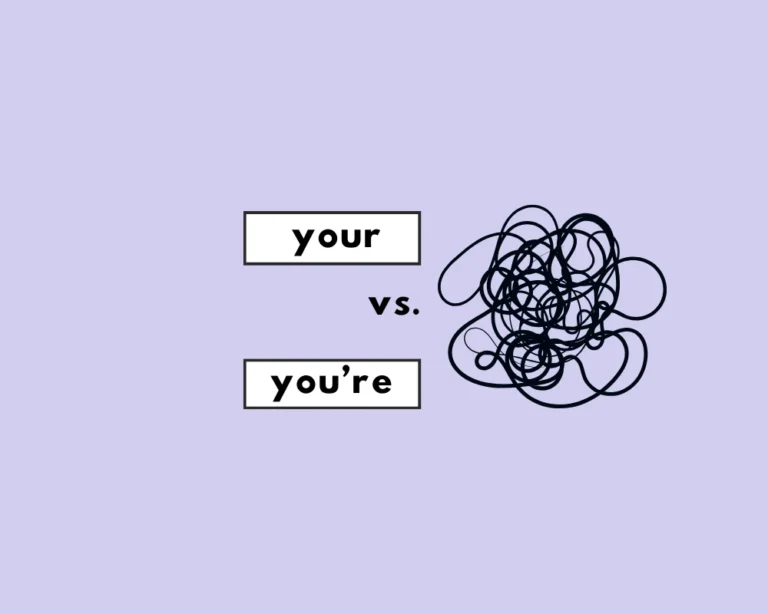
Your vs. You’re (Which Word is Correct?)
Your vs. You’re Your and you’re (with an apostrophe) sound the same, but they are not the same. Important differences between them to note are:
Explore the breadths and depths of Grammarflex’s knowledge base, containing resources and comprehensive guides on pretty much everything you could want to know related to English grammar and writing.
Learn all about the main parts of speech, which (in case you forgot) comprises of verbs, nouns, adjectives, pronouns, adverbs, conjunctions, prepositions and interjections. Beyond the fundamentals of English grammar, you’ll find guide on writing mechanics and style, literary devices amd more.


Your vs. You’re Your and you’re (with an apostrophe) sound the same, but they are not the same. Important differences between them to note are:
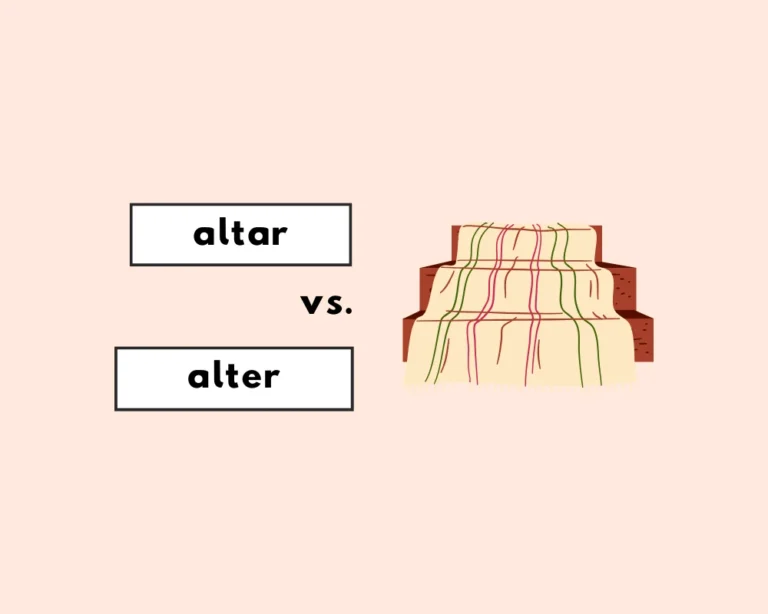
Alter vs. altar Alter and altar sound nearly the same, and are only a single letter apart. Still, they are not the same. Both words
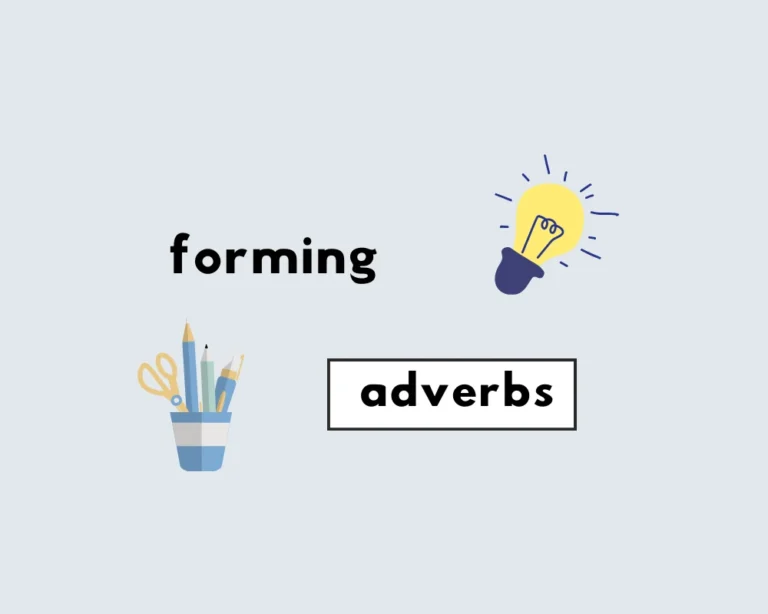
Formation of adverbs Continue reading for the comprehensive breakdown on how to form adverbs, the main types of adverbs and an FAQ on (you guessed
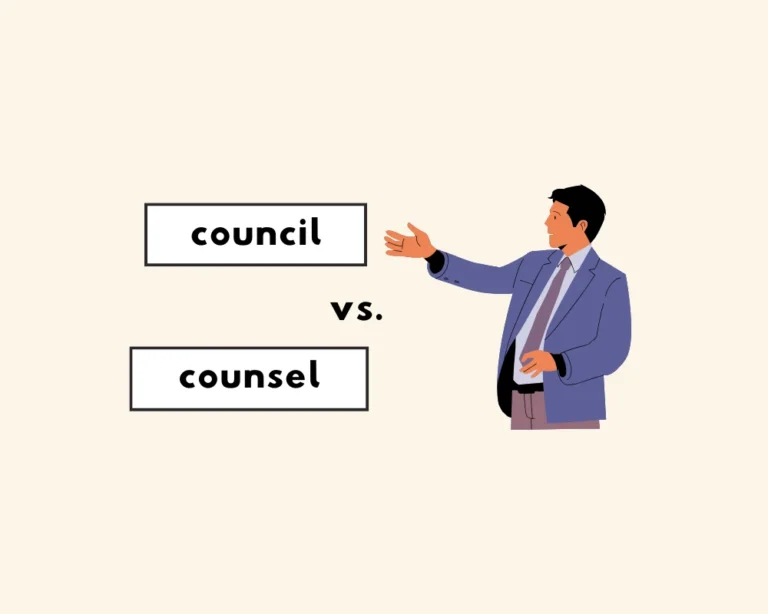
Council or counsel? Council and counsel are both nouns; though the latter has a verb form. Despite that these words sound the same, they are
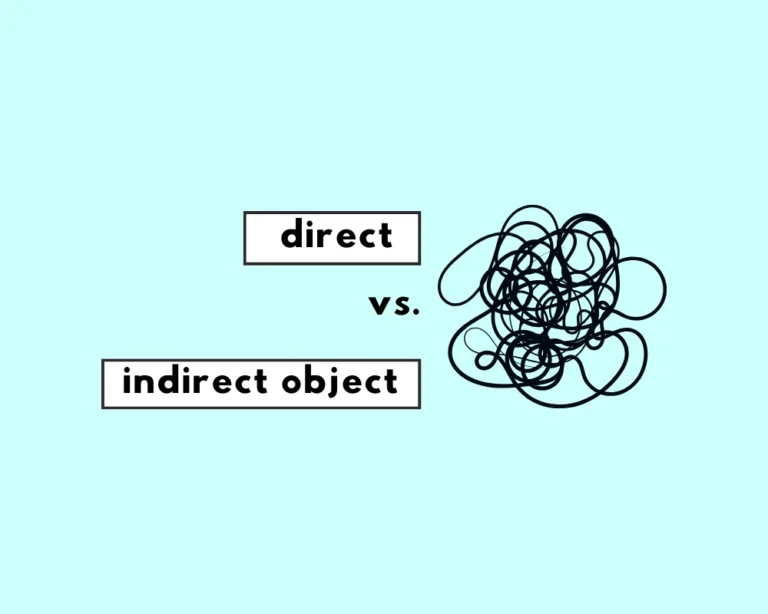
“Let them eat cake“, said Marie Antoinette, when she was told that the people had no bread. In the iconic historical phrase, “cake” is the
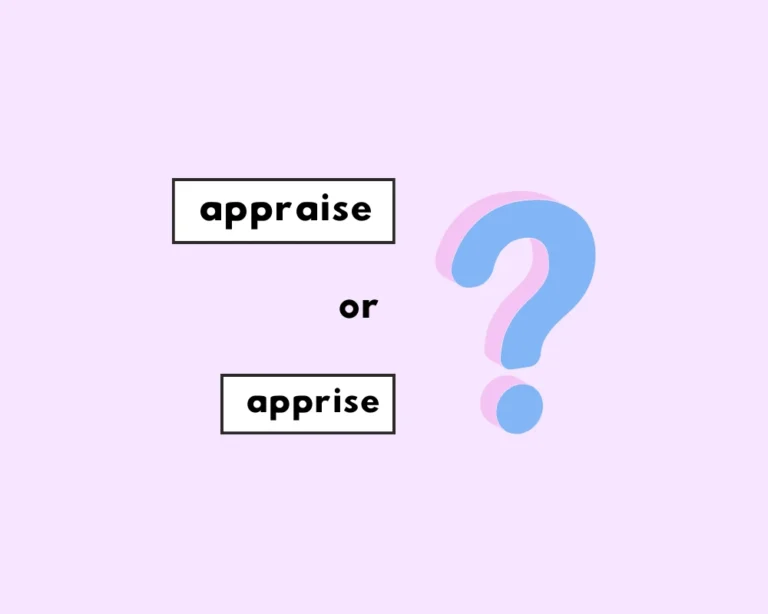
When to use appraise vs. apprise incorrect: we’ve been appraised of all the relevant issues. correct: we’ve been apprised of all the relevant issues. *Example
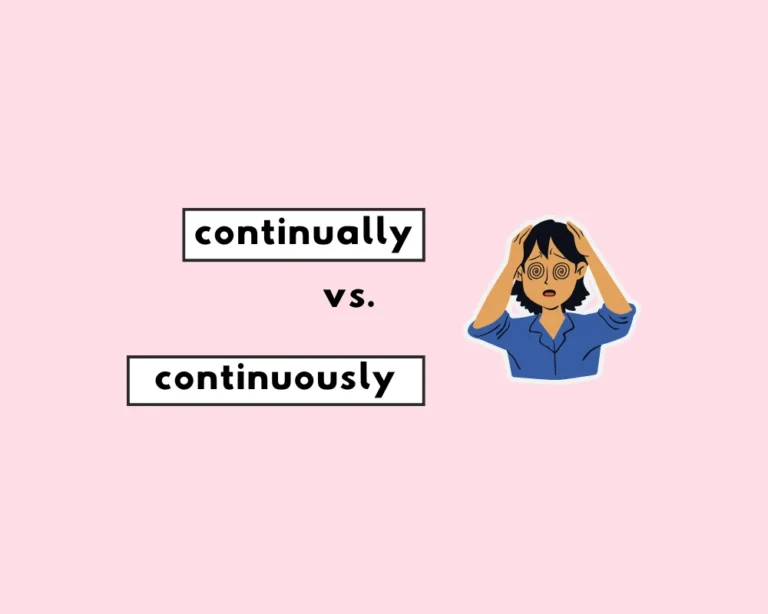
Continually and continuously are indeed similar; in fact, they’re synonyms of each other. That said, there’s a distinction between them worth observing. Continually vs. continuously
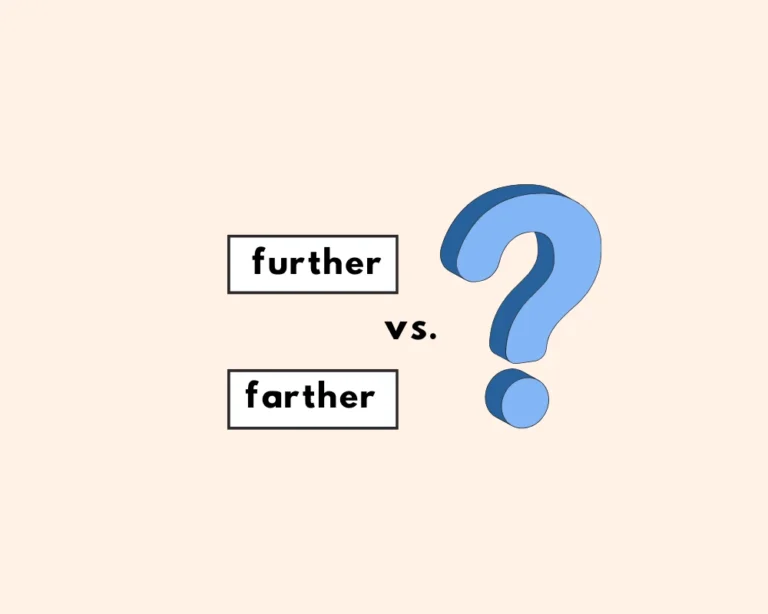
Further vs. farther Further and farther are both the comparative forms of the adjective or adverb “far“, and can mean “at or to a greater
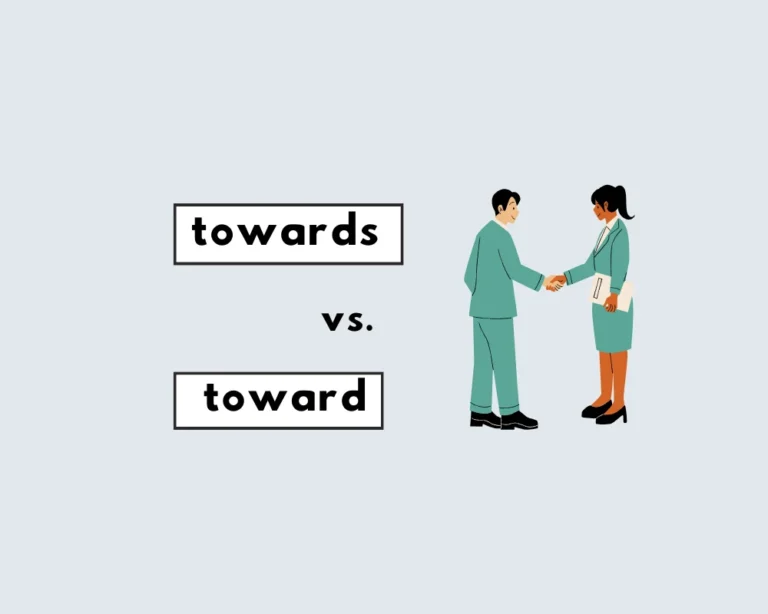
Toward and towards (with an ‘s’ at the end) are both correct spellings of the preposition that means “in the direction of somebody/something”. It could